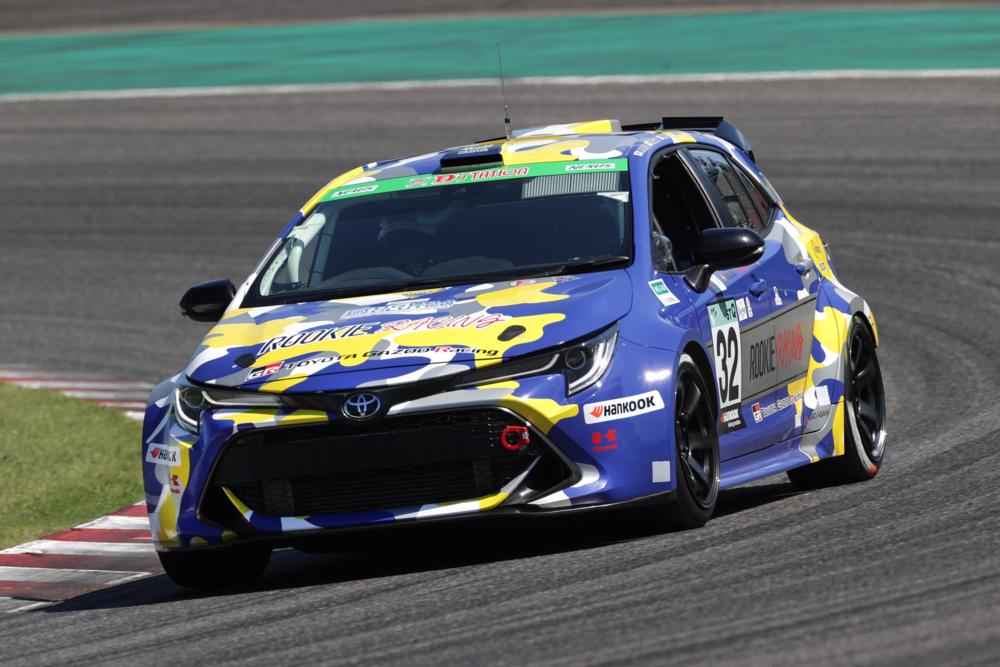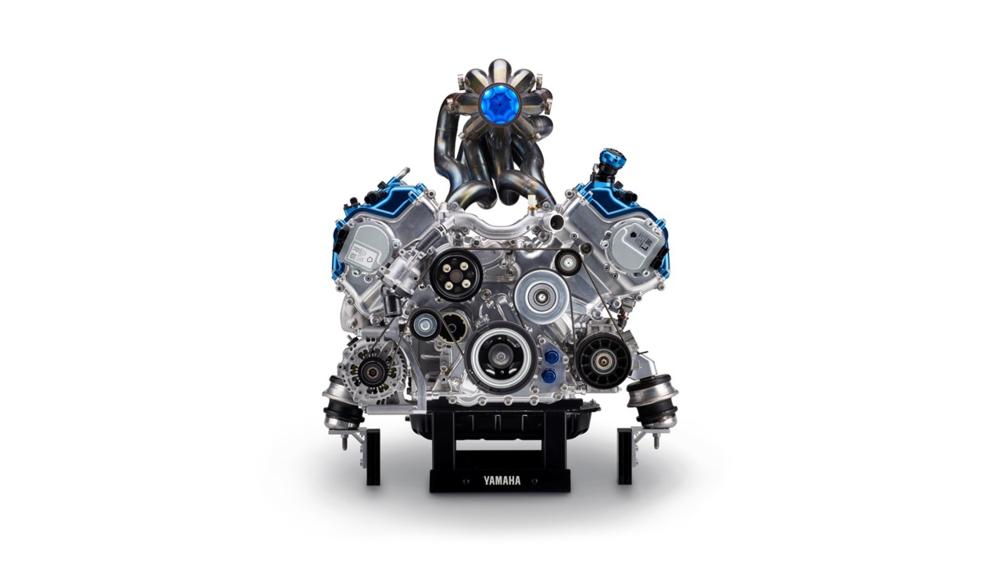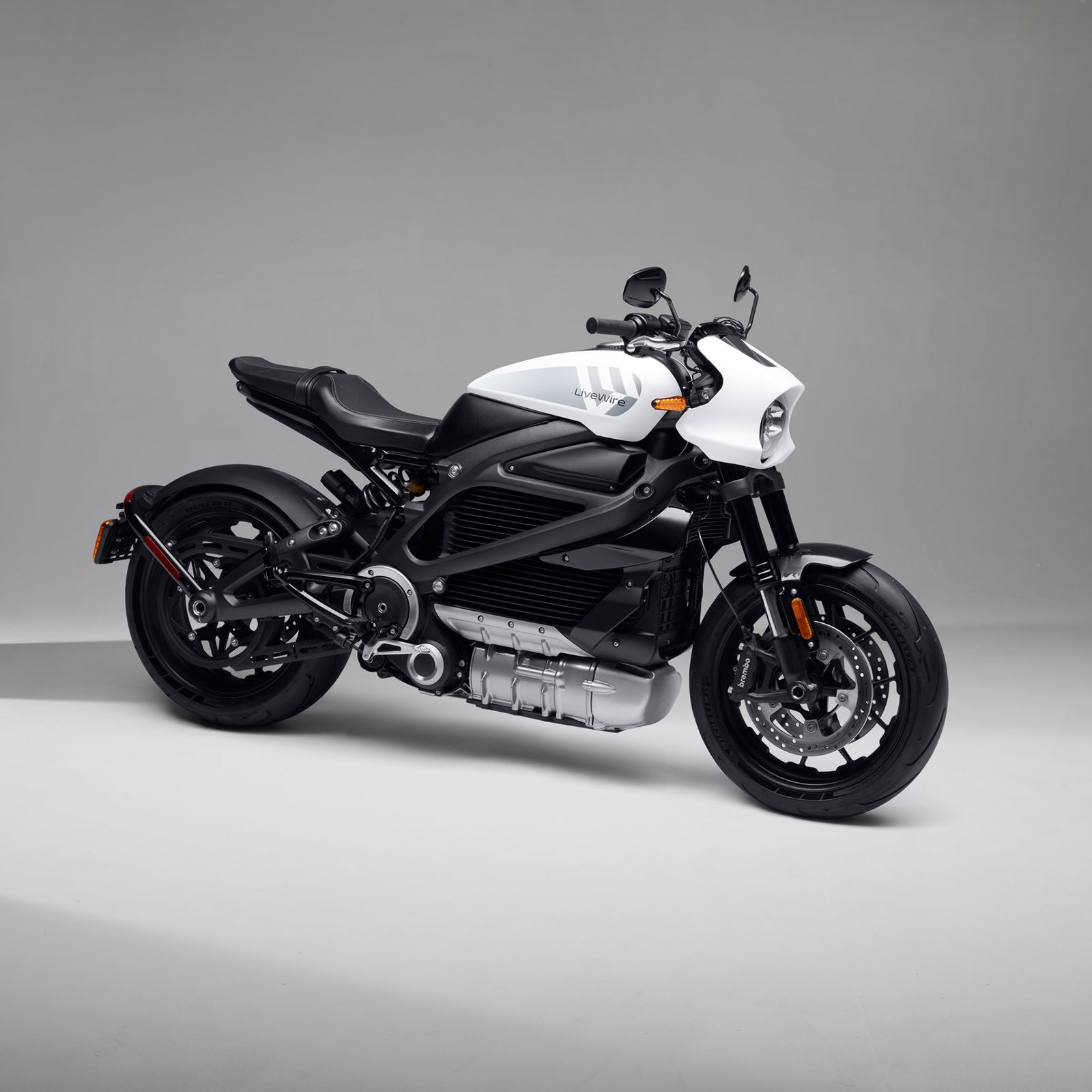Are hydrogen engines the solution petrol-heads are waiting for?
As Yamaha and a group of Japanese automotive makers look to hydrogen as a future fuel, we wonder if this is the real alternaitve to electric power...

LATE last year, a group of the world’s biggest automotive makers teamed up to create a bold new internal combustion engine. One that was both clean burning, efficient, and that matched a petrol engine in terms of useability, feel, and ease of use.
That engine was spearheaded by one of the biggest names in the motorcycle world, as Yamaha was a key player in helping to develop the design. Alongside Mazda, Subaru, and Toyota, the joint research project has worked fast, and now the first engine to come from the group is very near to completion.

The engine they have built is a V8 platform, based on that of a Lexus luxury car. It needed extensive updates to make it work though, with Yamaha focusing on the inlet and ignition system alongside Japanese specialist Denso. The result is impressive, with the 5-litre V8 churning out more than 450bhp and around 400lb-ft of torque. Now we aren’t suggesting that this is perfect for slotting into a motorcycle just yet – although somebody is bound to try, but applying the knowledge gleaned in this project to a small, lightweight multi-cylinder motorcycle engine could just be the ticket we petrol heads need right now.

Hydrogen engines work in much the same way as a petrol engine does – suck, squeeze, bang, blow. The hydrogen is mixed with air in much the same way and still delivers an energy-rich combustion stroke. In fact, about the only thing missing from the process is the pollutants that would normally fall out of the exhaust of a conventional petrol vehicle. Add to that the fact that range and refill times are much the same as a gasoline vehicle, and it starting to look like the answer to many of our prayers is just around the corner!

